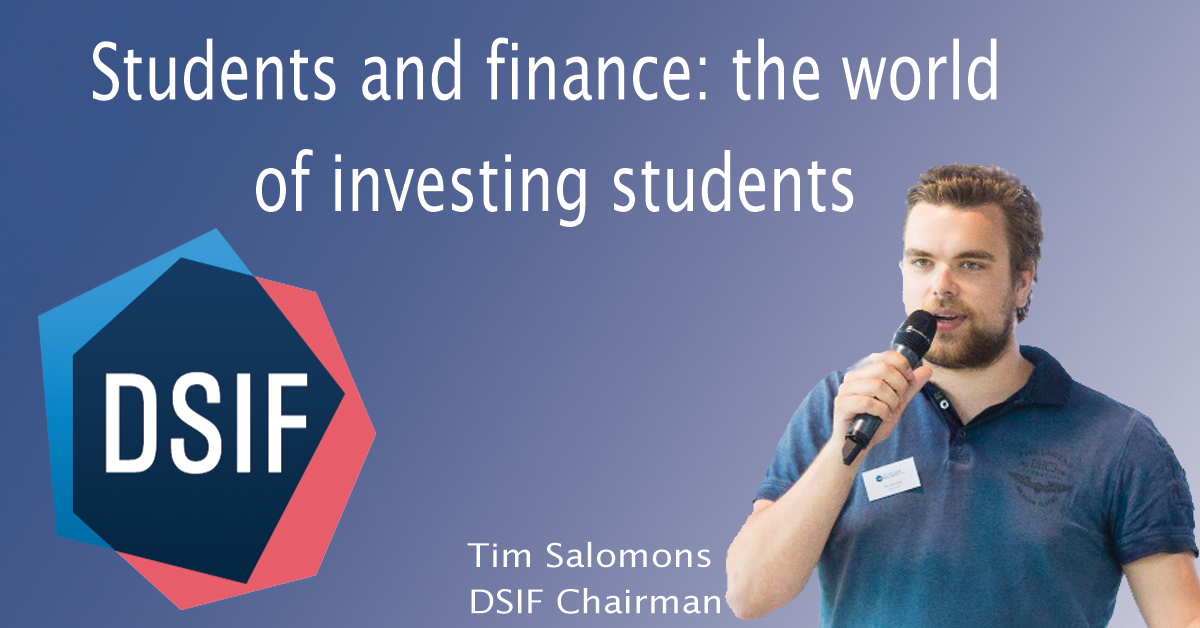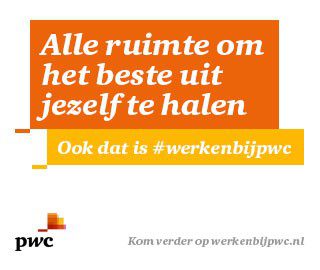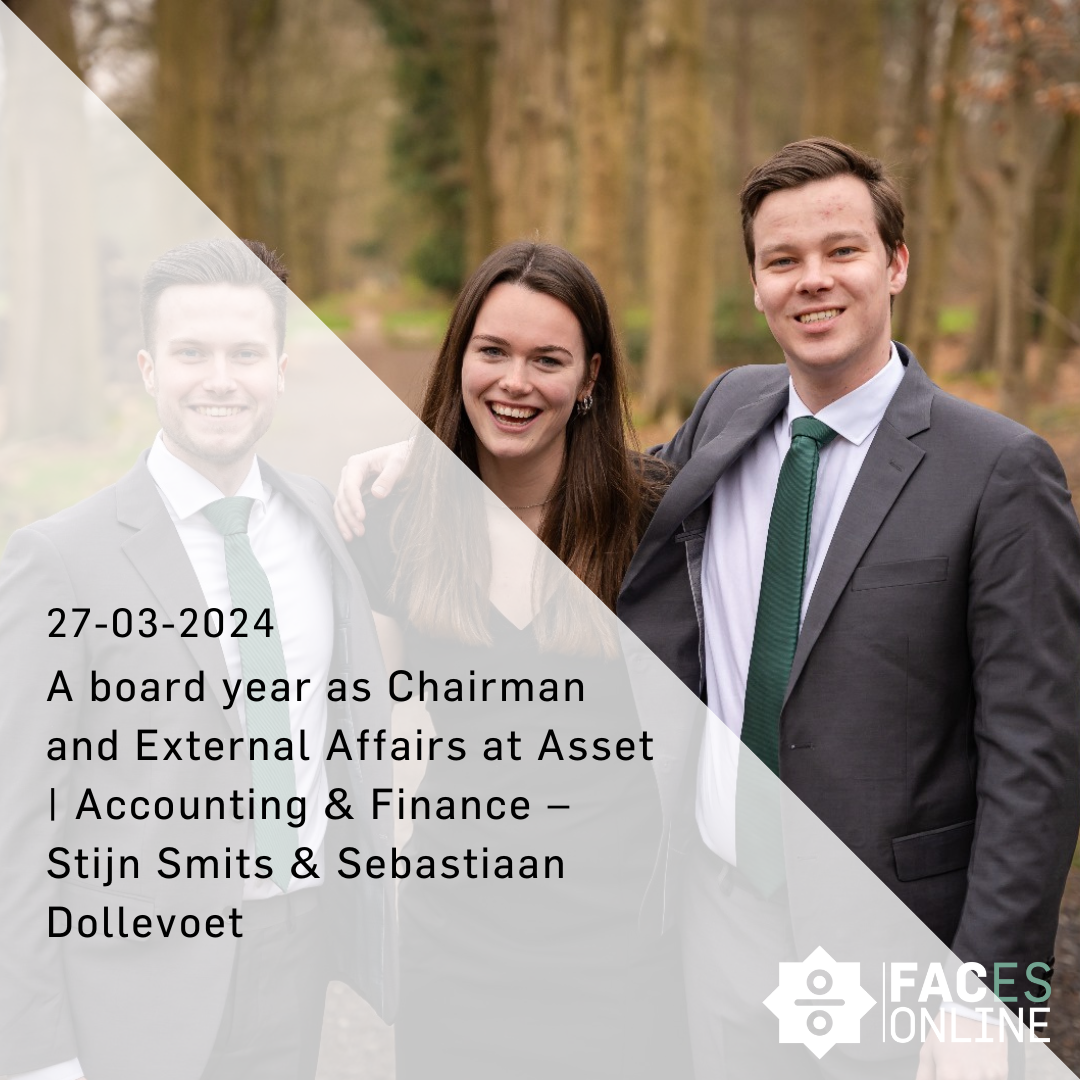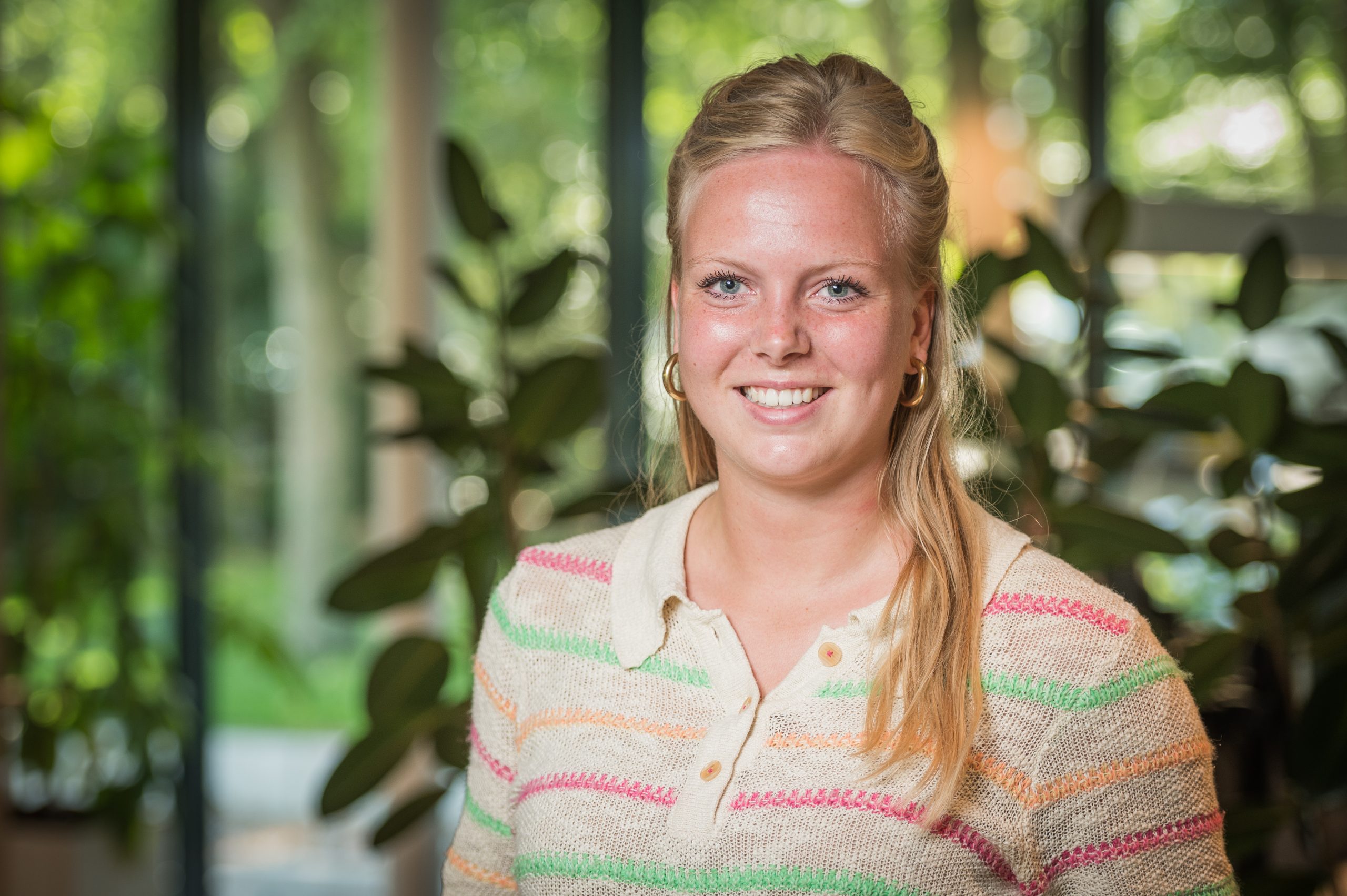Disclaimer: This article is for entertainment purposes only and cannot be used for financial advice. Since its inception, Bitcoin has caught the

Students and finances, for many a combination doomed to fail. Students are often depicted as partying, binge-drinking, unguided projectiles whom are solely interested in spending their borrowed government funding. But we, the Dutch Student Investment Fund (DSIF) from Twente, are trying to demonstrate that students and money can be a very valuable combination. We do this by gathering funds from investors, and subsequently finance startups of fellow students. With this article I want to tell you who we are, what we do and try to show you how venture capital funds look at startups.
DSIF is the first investment fund in Europe ran by students. Roughly two years ago the concept of investing students crossed the pond from the United States, and in Twente the initiative arose to establish something similar. On April 7th, 2016 the founding of DSIF was a fact, and students hit the road with a total budget of 300.000 euros, to support entrepreneurial students. We are able to do this by issuing convertible loans, with a maximum of 50.000 euros to startups founded by students, recent graduates and PhD students of the University of Twente and Saxion.
“Of course, investing in this early phase exposes us to certain risks, because it is difficult to determine the potential of a startup at this point in time.”
DSIF is an open-ended fund, which means that investments stay in our fund for an undetermined amount of time, and operates mainly in very early stages of students’ startups. Which is right away our competitive edge, since this pre-seed phase is something that even the most renowned venture capital funds don’t dare to invest in. Naturally, conducting business in this early phase exposes us to certain risks, because it is difficult to determine the potential of a startup at this point in time. To minimize the extent of this exposure we conduct an extensive due diligence.
Between the first moment of contact with a student entrepreneur and a specific proposal for financing, we follow a process with a couple of steps. Students who walk in with just an idea will receive assistance with constructing a viable business plan. We often use the Business Model Canvas as a basis, since this model provides a fairly complete picture of what an entrepreneur wants to accomplish, how they want to act, and how they envision commercializing their idea. After successfully mapping, tweaking and pitching the business plan by the entrepreneur, a term sheet is constructed which details how much the entrepreneur will receive in funding and under which conditions. Of course, the business plan contains a lot of presumptions and estimates of the entrepreneur in terms of market size, revenues, costs, et cetera. Therefore, DSIF always performs an extensive due diligence, in which we determine whether we agree with the presumptions of the entrepreneur, whether his target group will actually be interested in the product, and whether we believe in the potential of the startup. After the due diligence is successful, a definite financial agreement can be made.
“With a little guidance from our senior board we, as students, try to support the entrepreneurs in our surroundings.”
Now, what are some important variables we (and other venture capital funds) pay attention to when estimating the potential of a startup? Of course, I cannot mention everything we assess in the estimation, but here are a couple items we come across most often:
– Scalability. A scalable startup can relatively easily grow in revenue, without having the costs increase at the same rate. For example, many software products are scalable, because an endless number of licenses can be sold, without exponentially increasing development- and maintenance costs.
– Market potential. Of course, it is important that a market exists for the product/service that the startup is selling, including the size of this market, but we have to take other things into consideration as well. For example, does the revenue model of the startup fit within the market it is serving, or do competitors that threaten the revenues of the startup already exist?
– The team. Within a startup, you require multiple disciplines to carry out the business plan successfully. In the early stages, a complementary team plays an important role in the potential of the startup. For example, at a company with a technical product requires people with technological expertise, and in addition people with commercial capabilities who can sell the product.
– Distinctive capabilities. How can a startup differentiate itself from existing players in the market? And how can it retain this distinctive capability? Possibly by issuing patents of IP rights, but startups can also choose different strategies to retain their competitive advantage.
As you have probably noticed in this article, investing in startups is very complex, and lots of factors play a role in the decisions that have to be made. However, to us this does not mean that we should leave investing to the renowned venture capital funds. With a little guidance from our senior board (3 professionals in an advisory role) we, as students, try to support the entrepreneurs in our surroundings. DSIF started in Twente, and another group of students in Amsterdam recently founded ASIF. However, a lot of opportunities and demand still exist for these kinds of funds in other student cities. And who knows, Tilburg might be next!






















